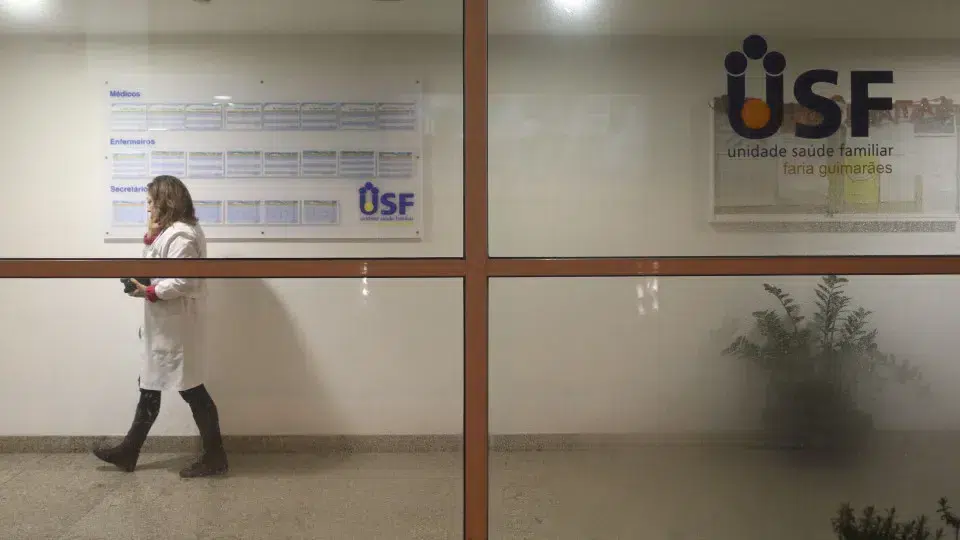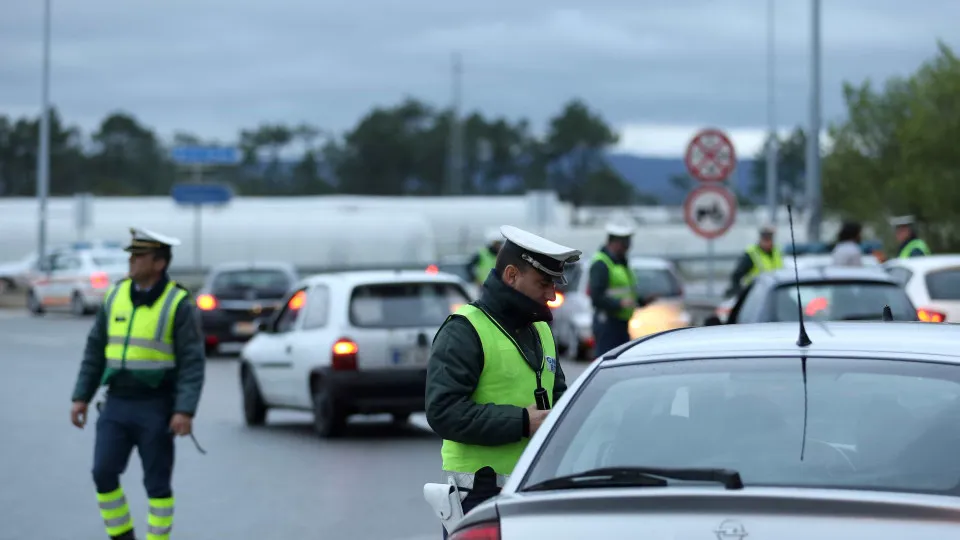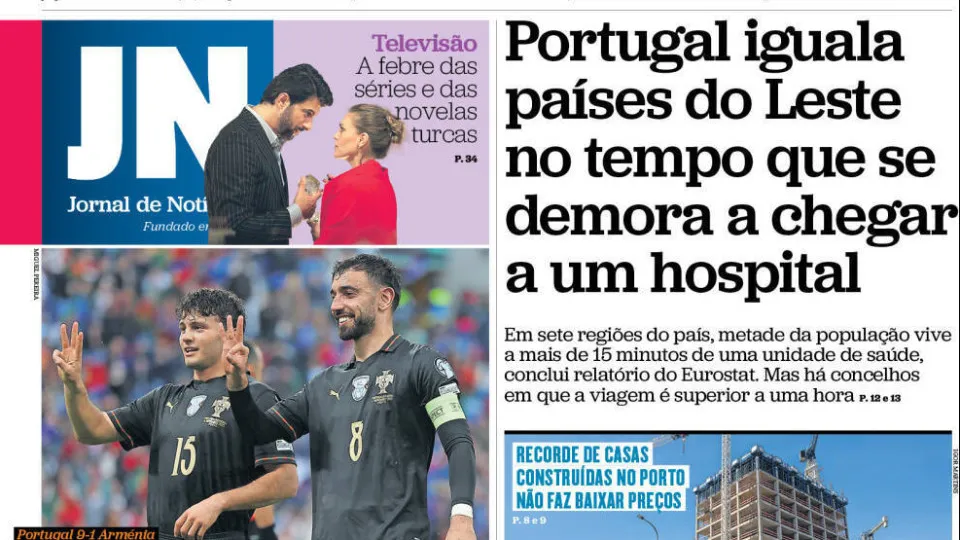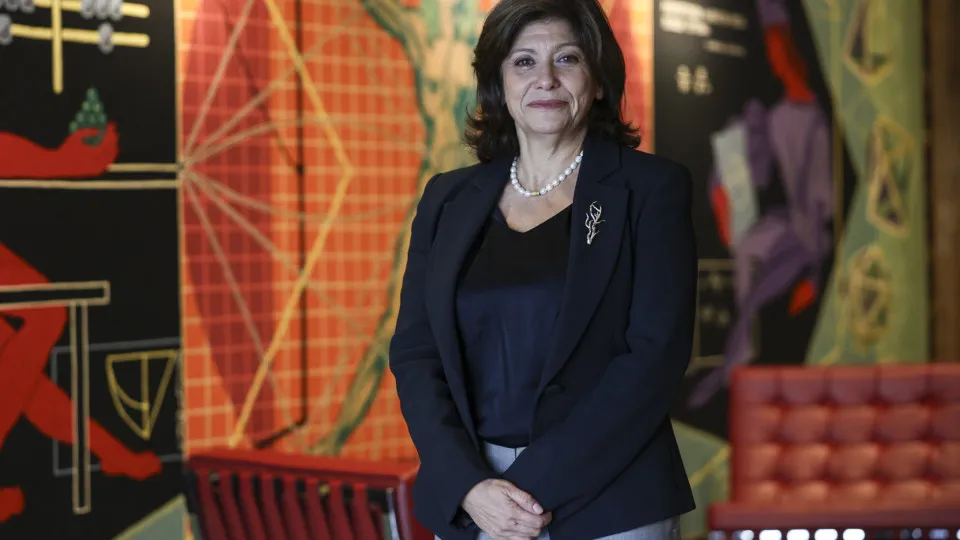
The manifesto is signed by the President of the Medical Association, Carlos Cortes, the Director of the Institute of Molecular Pathology and Immunology at the University of Porto, Manuel Sobrinho Simões, and former Health Minister Maria de Belém Roseira, among other healthcare and civil society figures.
In the manifesto, professionals claim that “there are health centers in the country (…) that no longer answer their patients’ phone calls” and “respond to their emails late and refuse to attend to them in cases of acute illness.”
For these reasons, the signatories issue a challenge: “We demand our health center back.”
The manifesto argues that the “diminishing concept of the health center is real” and that without a response from primary care, patients have to call the Linha Saúde24.
“A call, which even during periods of low acute illness, can take unacceptably long to be answered. A professional who does not know the person at all, nor has access to their health information, will ask what the algorithm needs ‘to make a decision’ about their fate,” the document states.
In the manifesto, titled “On the Health Services and Care We Are Entitled To,” the signatories emphasize that “the SNS24 line was not created to replace the family health team.”
The signatories highlight that the manifesto’s goal is not to dismantle SNS24, stressing the need to define situations where this mechanism is genuinely important, such as peaks of acute illness during normal emergency use periods.
“It is very important that people feel that in distress, in acute illness — not necessarily a medical emergency — they can benefit from that relationship of trust, from healthcare by professionals who know them, as well as from all health information about themselves,” the document mentions.
In the signatories’ view, “it is possible and necessary for the health center and its professional teams, with what they know about their patients and the information available about them, to guide their access to the healthcare they need” and be “the place of proximity where people find their SNS.”
In statements to the newspaper Público, psychiatrist and professor António Leuscher, one of the signatories, says the document aims to ensure patient-centered healthcare, ensuring trust, proximity, and accessibility.
“When we say we want our health center back, we are talking about a multifunctional center, very ready to respond,” he states, adding that “for this, it is necessary to safeguard accessibility.”
The manifesto is also signed by the President of the Advisory Council of the Health Regulatory Authority (ERS), Alcindo Maciel Barbosa, general and family medicine specialist José Luís Biscaia, psychiatrist Júlio Machado Vaz, among others.




